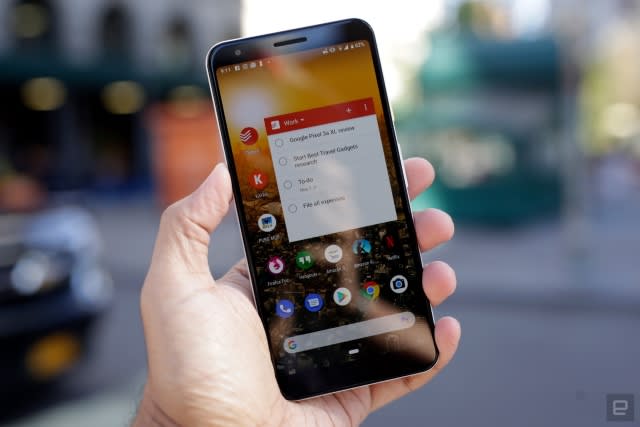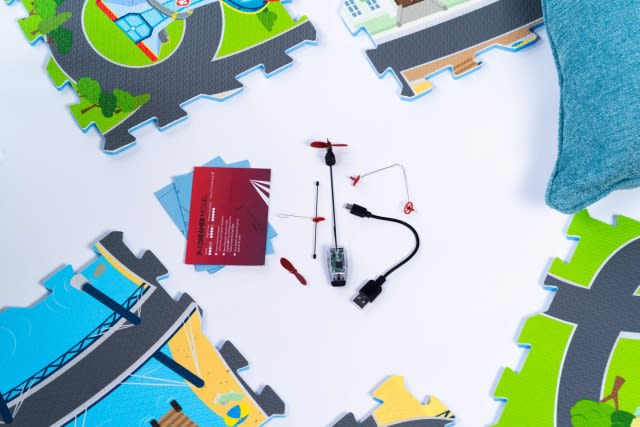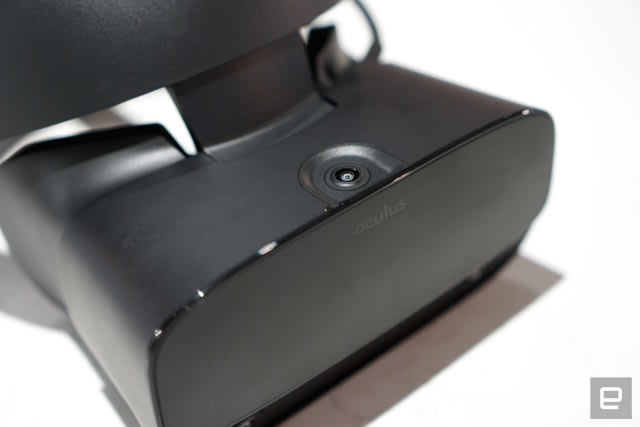![]()
After months of rumors (and possible delays), Google officially unveiled the Pixel 3a and Pixel 3a XL at its annual developer conference. As expected, these two handsets share many attributes with the company’s premium smartphones, but at a more affordable price point.
Now that we’ve had the phones in-hand for several days now, we decided to ask you if the budget Pixel 3a and Pixel 3a XL were hot or not. Here’s what you had to say.
Google Pixel 3a and Pixel 3a XL: Hot or not?
Results
The race was close, but a majority of you that participated in this week’s poll believed the Pixel 3a and Pixel 3a XL to be hot. After using the smaller of the two phones for the last couple of days, I have to say that I agree with you.
There will be some tradeoffs when you compare the budget Pixel 3a to the premium Pixel 3. Taking away the fact that the CPU is clocked slower and there’s a lack of an IP rating or wireless charging, I find the $400 handset to be well worth the money.
Editor's Pick
Interestingly, the comment section doesn’t appear to align with the poll results. Most that had something to say wrote that Google was charging too much for the mid-tier specs. One thing is clear, though, and that is the fact that these two devices are the ones to get if you want a best in class camera.
Noteworthy comments
Here are some of the best comments from last week’s poll explaining why they voted the way that they did:
- I have to admit Google tried, but just not hard enough. For that price, people are only getting the Camera and the Oled screen. Some may talk about the “software experience,” but that’s not important for someone like me who would rather take features (IR and microSD ports, FM radio, a bigger battery, dual sim) + lower price over software experience. I guess this will be the perfect phone for people on a budget and for who the camera is of capital importance.
- Still pricey for India
Editor's Pick
- Not! You can get a Mi A2 Lite for less than half the price. If you’re looking for a value phone this is not it.
- It would have been “Hot” if it had 128GB. Without it: “Not.” Sorry, I just can’t justify a camera-oriented device that only includes 64GB of storage but omits/nerfs the free original resolution/quality cloud storage backups.
That’s it for this week, everyone. As always, thanks for voting, thanks for the comments, and don’t forget to let us know what you thought of the results below.
https://www.androidauthority.com/google-pixel-3a-xl-poll-results-985279/
2019-05-11 17:55:27Z
52780284024875





